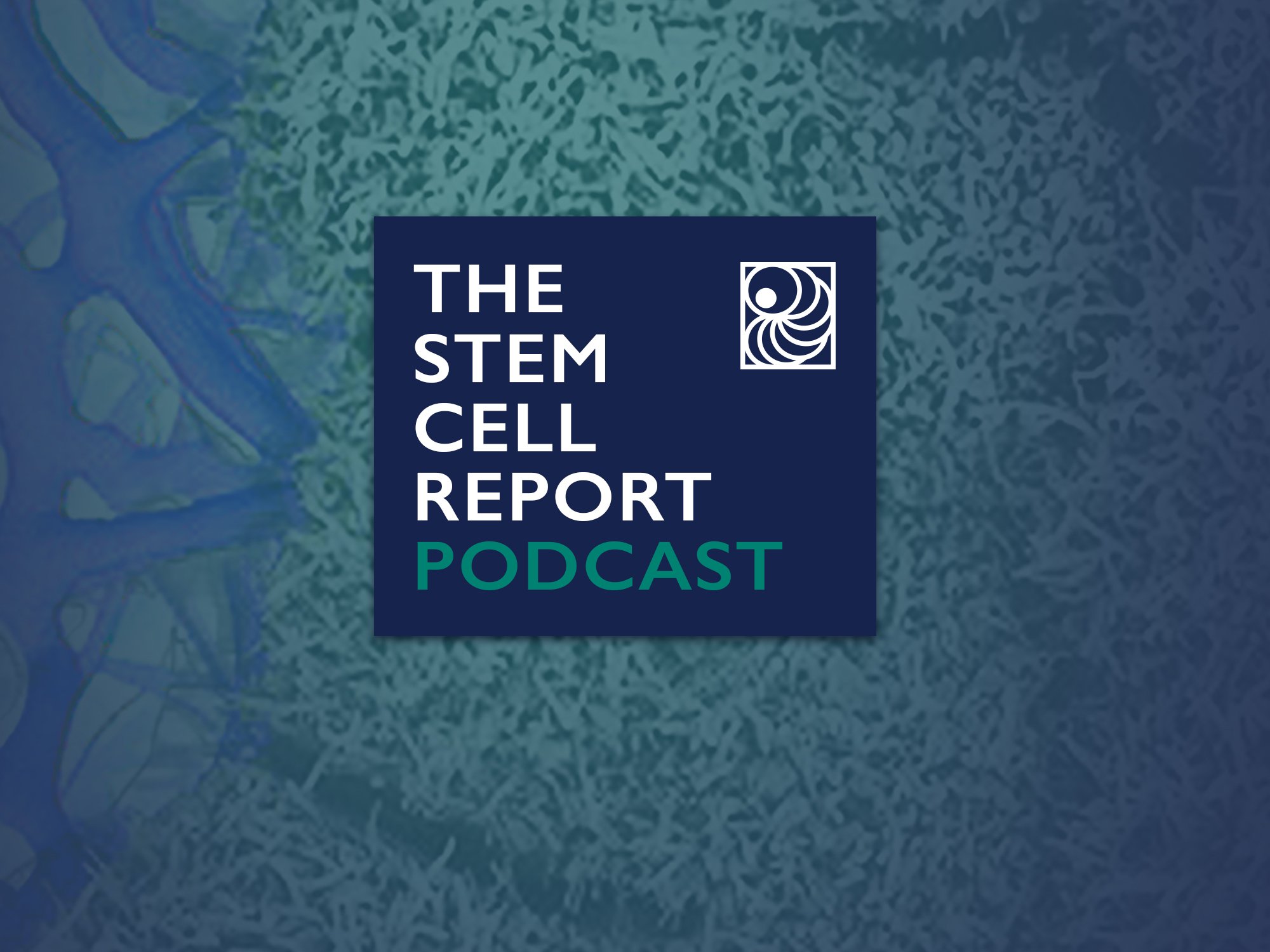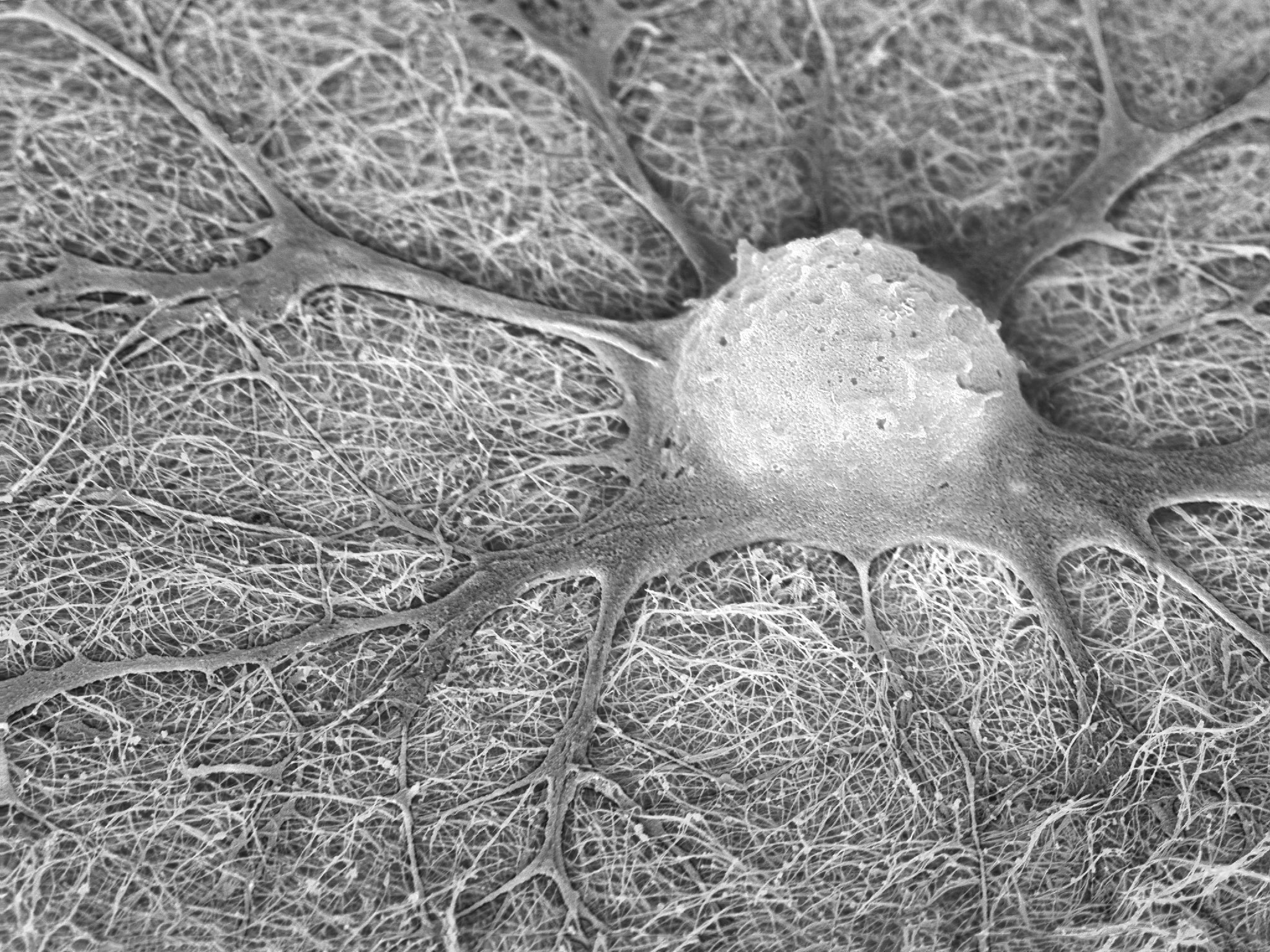ISSCR News

New Podcast Episode. Leaving an Imprint: The Function, Impact, and Detection of Epigenetic Marks
Parent-specific epigenetic marks (imprints) leading to parent-specific gene expression are crucial for normal growth and development, yet their mechanisms of establishment and maintenance are not fully understood. In humans, approximately 200 imprinted genes have been discovered, and improper imprinting can manifest in growth restriction, obesity, intellectual disabilities, behavioral abnormalities, and an increased risk of certain cancers. While the use of pluripotent stem cells, especially those in the naïve state, have advanced aspects of modeling early development, a persistent issue hampering bona fide naïve hPSCs is the erosion of imprints. Our guests on today's episode will discuss genomic imprinting, its function, impact, and a new reporter system of imprinted gene expression in hPSCs that enables real-time visualization of loss-of-imprinting at single-cell resolution. This assay provides an important tool to help discover how to improve the imprint fidelity of naïve hPSCs and hence their application for studies of human development and regeneration.

New Podcast Episode. Don’t Dull the SPARCL: The Lung Microvasculature and its Role in Development
The mature lung in both humans and mice is highly vascularized, with approximately 30% of all cells being endothelial cells (ECs). The blood vessels have a physiological role in gas exchange within the tissue, but the vascular cells have additional role(s) beyond supplying oxygen and nutrients to the tissue. For example, the adult lung endothelium responds to injury by activating pathways for alveolar re epithelialization and during embryonic development, disrupting vascularization ex vivo affects the stereotypical pattern of airway branching, consistent with a perfusion-independent crosstalk between the endothelium and epithelium. Today’s guests explore the molecular contribution of ECs and pericytes to the differentiation of distal airway progenitor cells into mature alveolar epithelial cells and will discuss the broader role of the vascular system in the maturation and regeneration or the lung.

ISSCR Journal Stem Cell Reports Named Official Conference Journal for BaCell 3D Conference
Stem Cell Reports, the premier open-access journal dedicated to advancing stem cell research, has been named the official conference journal for BaCell 3D, taking place from 23-25 June 2025, in Basel, Switzerland.

Stem Cell Transplant Clears Clinical Safety Hurdle for the Treatment of Wet Age-Related Macular Degeneration
Wet AMD in its early stages can be treated with drugs to reduce the formation of new blood vessels, but this treatment is inefficient in cases where blood vessel formation is already in its advanced stages. A new, alternative treatment for those patients may be surgical removal of the abnormal blood vessels followed by the transplantation of stem cell-derived retinal cells, according to a recent study led by Yong Liu and colleagues from Third Military Medical University Southwest Hospital, China, published in the journal Stem Cell Reports.

Call for Applications: Stem Cell Reports Early Career Scientist Editorial Board
Stem Cell Reports, the peer-reviewed, open access, online journal of the International Society for Stem Cell Research (ISSCR), is seeking highly motivated and accomplished early career scientists to join the Early Career Scientist Editorial Board (ECEB). Applications are due 15 March 2025.

Receive ISSCR Press Releases
Sign up be a part of ISSCR’s media list. Media Contact: Kym Kilbourne, Director of Media and Strategic Communications
Subscribe to ISSCR News.
Each month, ISSCR delivers scientific, policy, and community to your inbox .
